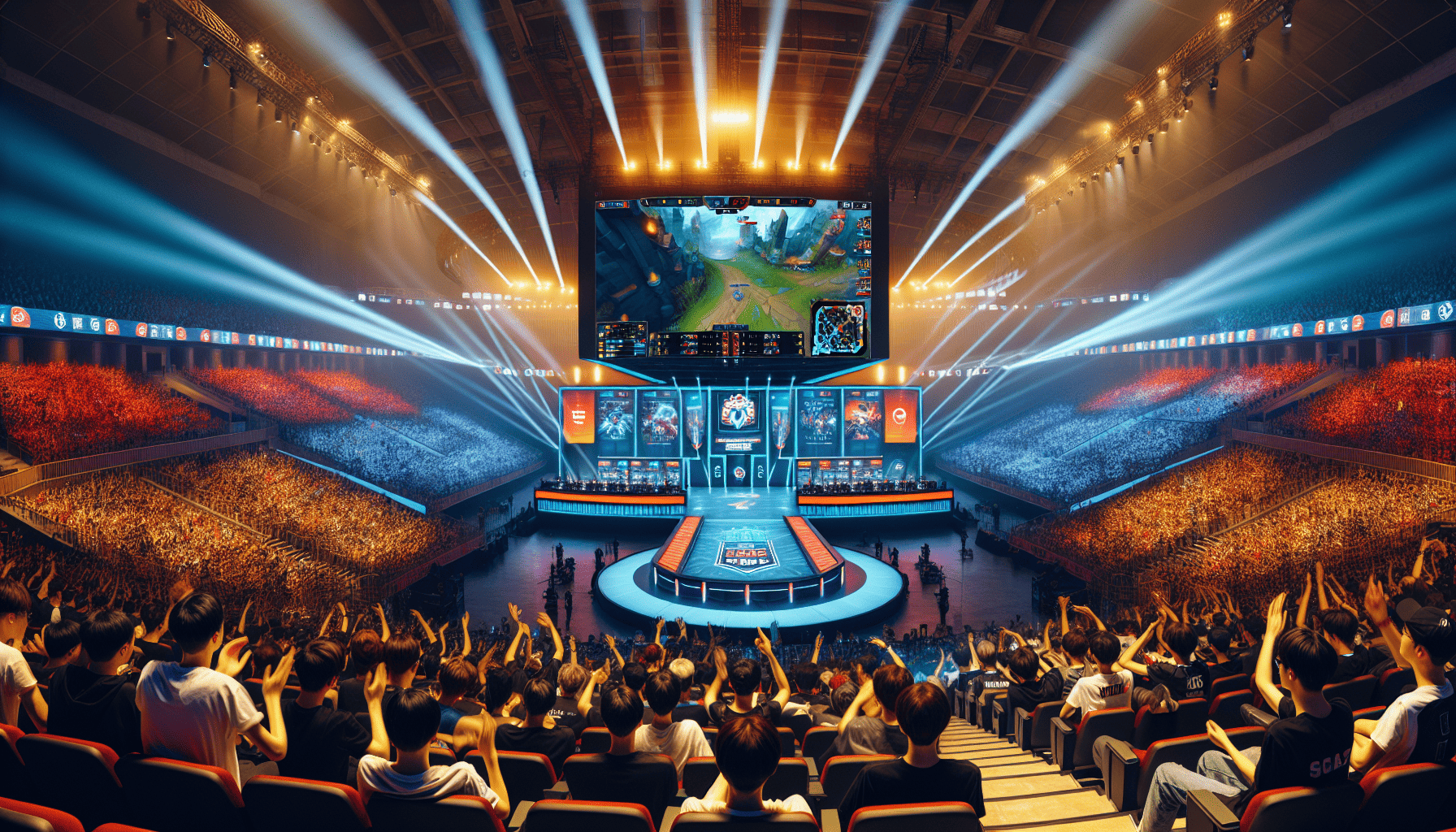Esports: The Competitive Gaming Frontier
In recent years, the world of esports has emerged as a sensational blend of passion, skill, and competition, captivating millions across the globe. What was once a niche hobby has blossomed into a billion-dollar industry where players are not just gamers but are revered as athletes. Welcome to the dynamic realm of esports, a modern-day frontier where the digital and physical worlds collide.
The rise of esports can be attributed to several factors, including the rapid advancement of technology, the widespread availability of high-speed internet, and the growing popularity of online gaming platforms. These elements have created an environment where players from diverse backgrounds and regions can come together, compete, and showcase their skills on a global stage.
One of the most striking aspects of esports is its accessibility. Unlike traditional sports, which often require specific physical attributes or access to certain facilities, esports is open to anyone with a gaming console or PC and an internet connection. This accessibility has democratized the playing field, allowing talent to flourish irrespective of geographical or financial constraints.
At its core, esports is about competition. Players dedicate countless hours honing their skills, mastering games that range from first-person shooters to real-time strategy titles. Esports tournaments are no different from any other sports competition, featuring intense rivalries, strategic gameplay, and a thirst for victory. The stakes are high, with many tournaments offering substantial prize pools, sometimes running into millions of dollars.
Yet, esports is not solely about individual prowess. Teamwork and communication are often critical components, especially in games like League of Legends, Dota 2, and Overwatch. Teams must work in harmony, devising strategies that leverage each player's strengths while minimizing weaknesses. This collaboration fosters a sense of camaraderie and community among players and fans alike.
As esports continues to grow, so does its infrastructure. Professional teams are now equipped with coaches, analysts, and support staff, mirroring traditional sports organizations. Some esports athletes even undergo physical training and mental health coaching to maintain peak performance levels, underscoring the discipline and dedication required to excel at the top level.
Furthermore, esports has cultivated a diverse fanbase that spans age and gender demographics, united by a shared love of gaming. Online streaming platforms like Twitch and YouTube have played an instrumental role in this growth, offering fans a front-row seat to their favorite competitions and players. These platforms have become hubs of interaction, where fans can engage with content, discuss strategies, and cheer for their favorite teams.
The influence of esports extends beyond gaming into popular culture. Many prominent esports athletes have become influencers in their own right, with substantial social media followings and endorsement deals. This crossover into mainstream media has further legitimized esports as a formidable force in the entertainment industry.
As we look to the future, the potential for esports is limitless. With continued innovation in virtual reality and augmented reality, the ways in which audiences experience esports might transform radically. Additionally, the inclusion of esports in academic curriculums and its recognition by international sports committees signify a new era of acceptance and integration.
In conclusion, esports represents a thrilling and evolving landscape where digital dreams meet competitive reality. As players push the boundaries of what is possible, not just within games but as part of an ever-evolving sports culture, esports will undoubtedly continue to captivate and inspire new generations around the world. Whether you’re a casual gamer or a devoted fan, the world of esports offers a place where passion truly meets competition.
